Kindness in these uncertain times
Shut in the house in this pandemic; I was exposed to one bad news after the other. Sure, there were hopeful gestures and kindness in the uncertain times – celebrities donating huge amounts to charities, governments displaying rare acts of innovation to help their citizens – it was uplifting to watch. But as the days went by, the news reverted to their usual, depressing standards. Migrant laborers dying on the roads, the helpless ‘sanitized’ in droves, as if they were cattle, communities demonized for their unwitting actions, professionals ostracized for the very (helpful, valuable) services they provide – With every bad news that was reported, my vision for the future grew more dystopic.
My experience of cruelty in this pandemic has been both personal and political. Personally, I’ve heard stories about people refusing to pay their domestic workers, husbands refusing to help their wives with the chores, and doctors being driven out of their homes by landlords. Politically, I’ve watched an entire community being demonized due to actions of some zealots; migrants dying on tracks and roads, after being left in the limbo; a government that refused to let the migrants travel out of a bleak, hopeless situation because the builders insisted that they wouldn’t have workers and labor laws going for a toss, because the economy needs a boost.
History teaches us, constantly, that ruthlessness and cruelty only ever lead to more problems. A rigidly enforced caste system created a divided society – discrimination and oppression led to affirmative action, which is now resented by the meritorious and unemployed. Centuries of anti-Semitism created an aggressive, fundamentalist Israel, which is now persecuting Palestinians. The harsh, unfair Treaty of Versailles laid the ground for the Holocaust and WW II. American aggression in Afghanistan and the Middle East made it a hotbed of terrorism. The refusal of the leadership of Fundamentalist Islam to reform itself is alienating entire countries from participating in international dialogue – any contribution they make is marred by their fundamentalism. Centuries of exclusion of women from an independent economic, socio-political existence has led to laws that are now resented by men because some women weaponize them. Violence, Cruelty, Discrimination – all of these create a vicious cycle, forever trapping people in a knot of resentments and tragedy.
The answer is painfully simple and obvious – be more kind. Be more forgiving. While competition is a virtue, it has overstayed its welcome. We have tried competition and aggression all these years and lost more than we’ve gained. The earth is in shambles as a result of the global competition in trade and consumption. Let us give co-operation a chance. Let us give kindness in these uncertain times a chance. We need not make any grand changes. They could start small. They could start at home. Help your wife when she’s struggling with chores. If you’re scared that your family or your friends will question your masculinity, tell them that your definition of masculinity is different. Pay your maid even if she’s unable to work in this lockdown. To people who say you’re being too generous, tell them you’ll save by giving up some other indulgence. When someone says the situation in India is as bad as it is because of the recklessness of some community, tell them that you won’t believe it unless you’ve personally seen someone doing it, or that you’ll believe it after a thorough, independent investigation is done
Uncertainty is hard to live with, even during normal times. In a pandemic, normal everyday stress and uncertainty get compounded because the situation has the potential to develop into a doomsday. One of the mechanisms to deal with this uncertainty is action – if people see something is being done to tackle the problem, they feel more in control, they feel more confident. However, in haste to do something, there is a temptation to come to quick decisions and harsh judgements.
Always err on the side of kindness, especially in these uncertain times – never take a decision that could adversely affect someone’s health and livelihood. Never judge an entire community by the actions of the few. Do and decide everything on a case by case basis. This creates a lot of uncertainty and anxiety but only in the initial days. With practice, it becomes easier to see the world not in black and white but in all its million real subtle shades.
While all of this might feel like air-headed speechifying, there have been precedents where restraint has given more sustainable results. India is a supremely diverse country. We could have easily fractured along linguistic and ethnic identities the way Europe fractured. That didn’t happen, largely due to the unifying efforts of Gandhi. He recognized that non-violence and tolerance were the only way that the hundreds of identities in the country could be reconciled with the common goal of independence.
After a long fight against apartheid, the African national congress could easily have retaliated against the oppressors. But they instead chose to wipe the slate clean and start over with the principles of equality and tolerance. Racism continues in Africa. But the decision to have a constant engagement and discussion with issues rather than seek immediate solutions with violence has saved millions of lives.
Let me conclude with a quote that has made a deep impression on me. It’s from a sci-fi series ‘Doctor Who,’ the episode entitled ‘The Zygon Inversion”. The Doctor (an immortal alien with a time machine) is trying to stop the humans and an alien race from waging war on each other, and he says this –
When you fire that first shot, no matter how right you feel, you have no idea who’s going to die. You don’t know whose children are going to scream and burn. How many hearts will be broken! How many lives shattered! How much blood will spill until everybody does what they’re always going to have to do from the very beginning — sit down and talk! Listen to me, listen. I just — I just want you to think. Do you know what thinking is? It’s just a fancy word for changing your mind.
That quote applies to all conflicts – in personal relationships, between rival communities, between belligerent nations – everywhere. Sit down. Argue. Cry. Talk. Write. But never hurt. Never harm. Never kill. Nothing good ever came out of people valiantly and violently dying. People will admire the hero who laid down his/her life. But they won’t see the family that becomes broken and incomplete. They won’t see the trauma of the soldier who has seen and done violence
The solution is always to know more, to look for something common rather than something different. Take five minutes every day and read about the people you want to hate. Talk to the neighbor that annoys you rather than dismiss her with a sniff. Argue with a rival instead of avoiding her. Try for peace rather than glory. Try for kindness in these uncertain times. We have tried every other solution. Talking is the only solution open now. It is slow. It is endless. But I think it is supposed to be. We share this planet with seven billion people and countless other creatures. If anyone tells you that they can solve all the conflicts and complexities of this infinite diversity in one lifetime, should you trust that person? I think not.
Feature Image Credits: Wikimedia


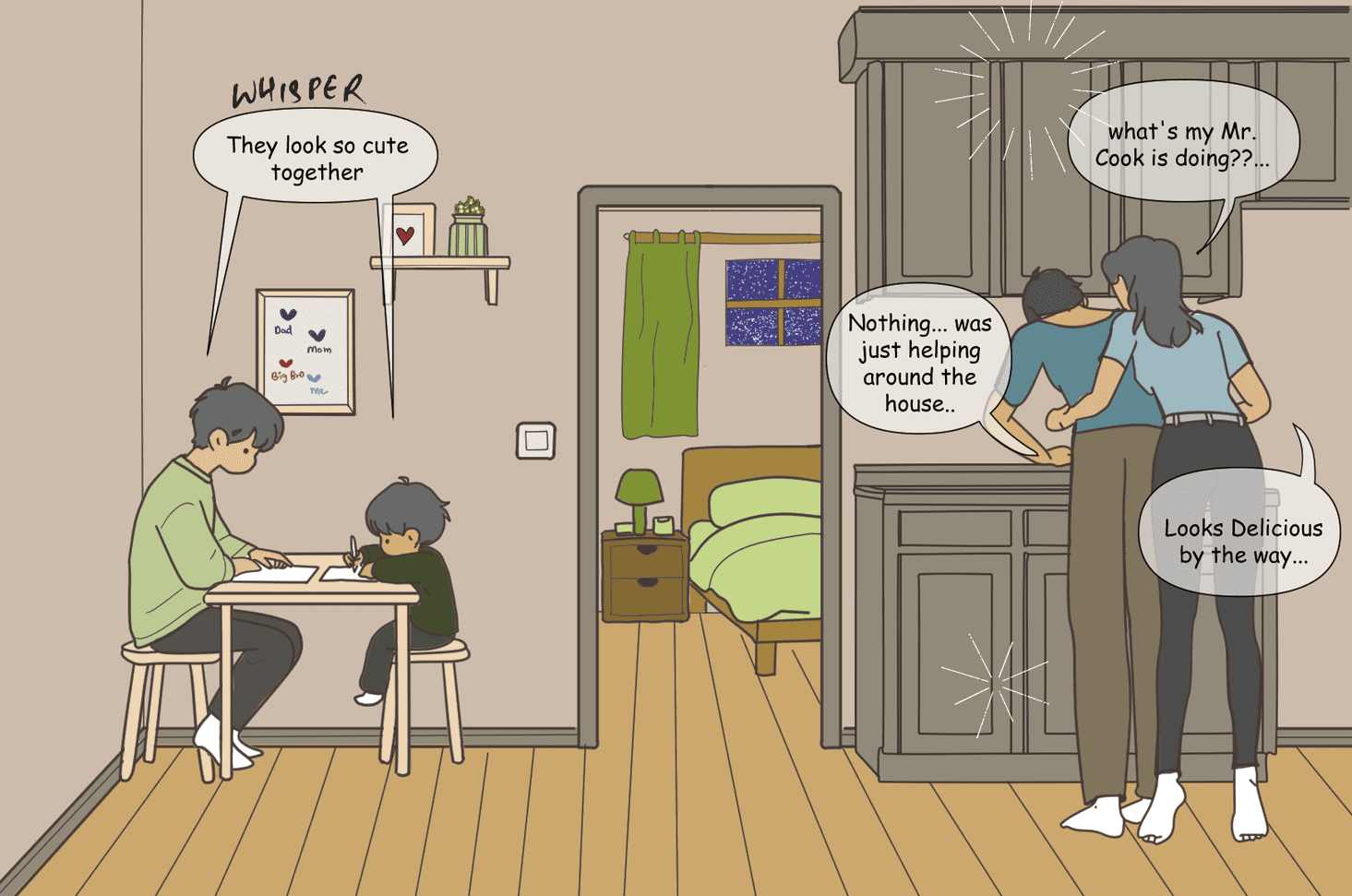
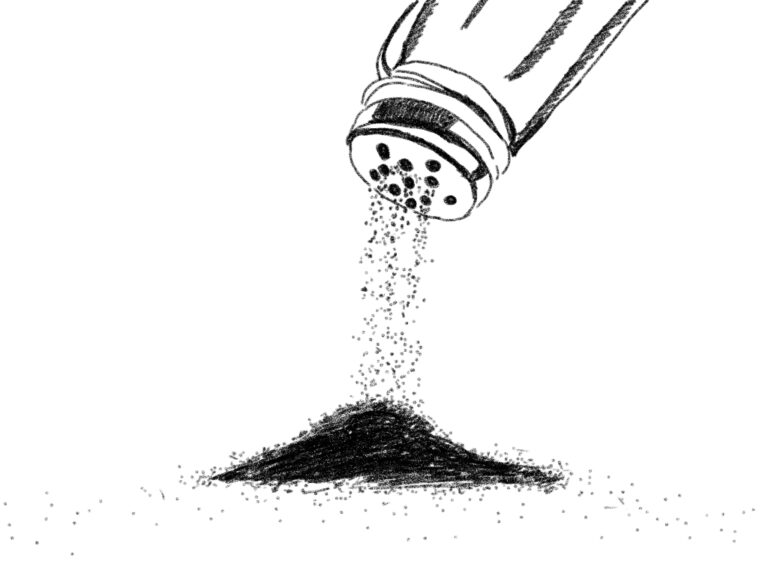
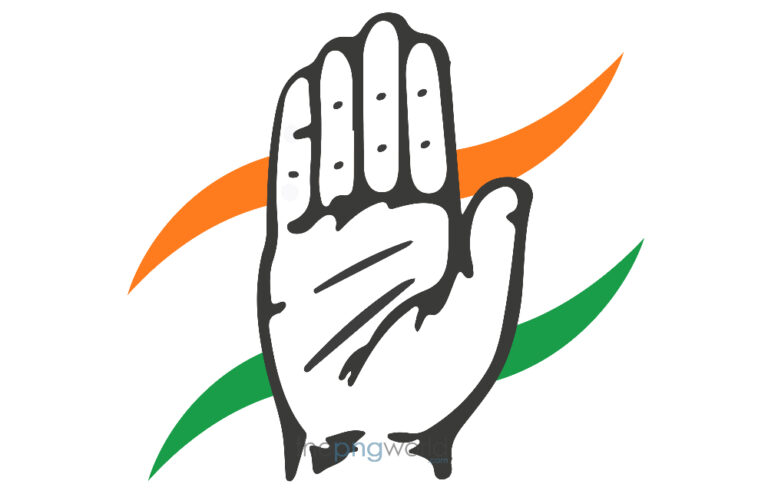
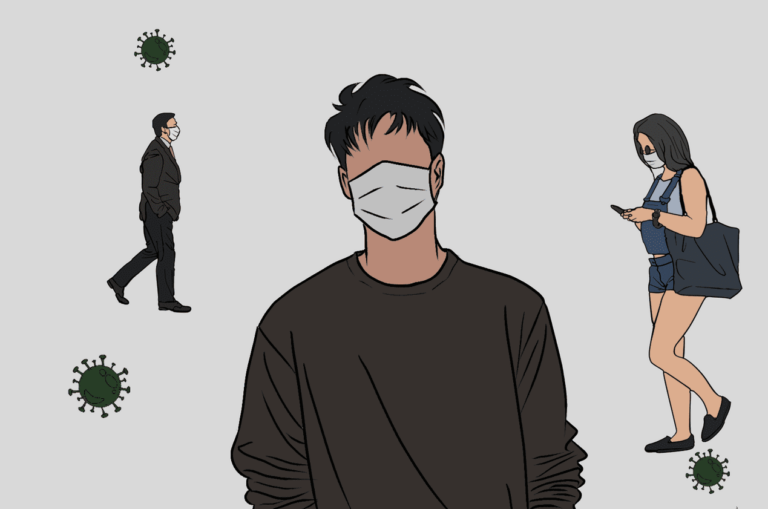
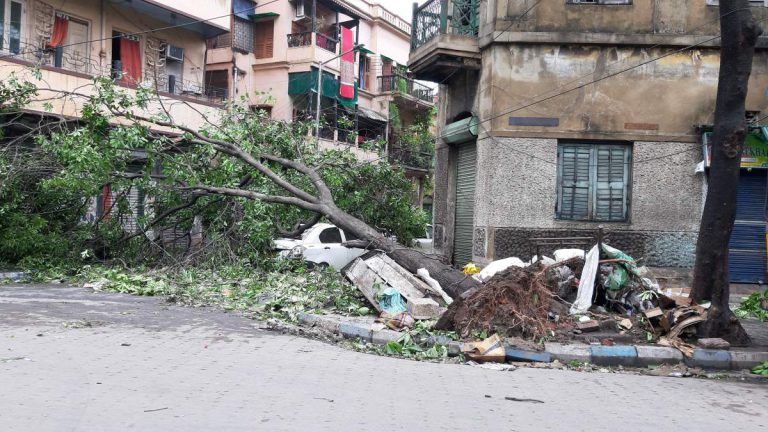
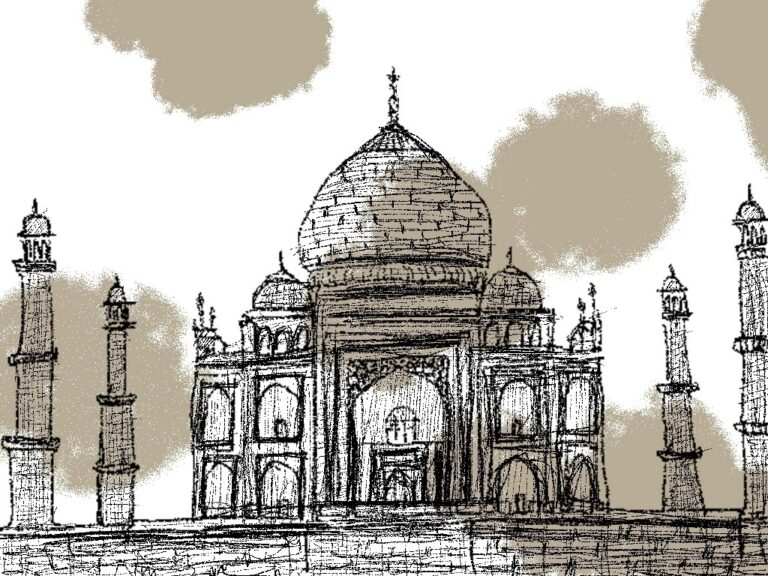
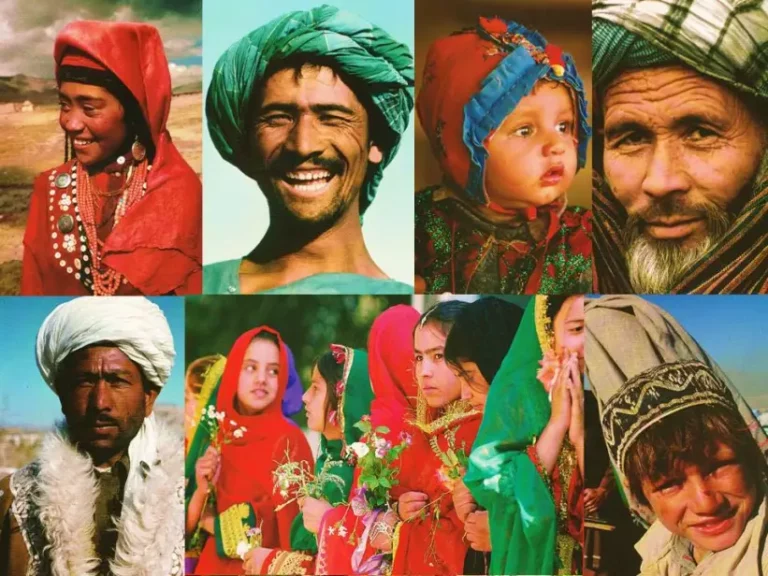
Readers' Reviews (1 reply)